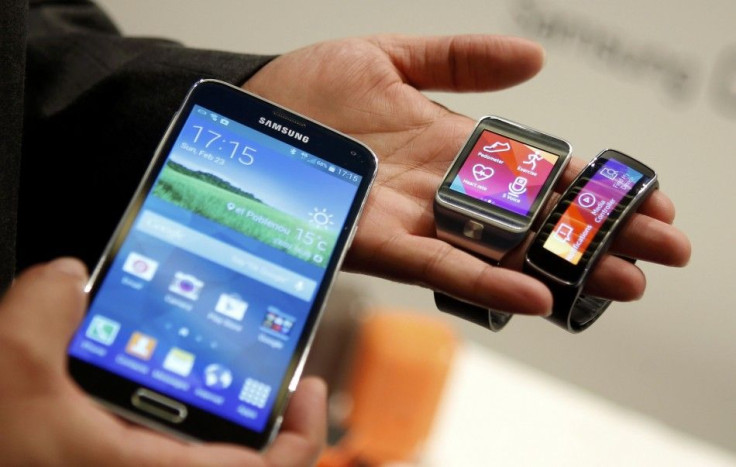Health Data Collected From Wearables Are Potential Cash Cows

Apple Watch is gaining a lot of interests from wearable and tech enthusiasts. All are excited to find out what this new device can do and offer. But at the end of the day, the bigger issue that needs to be answered is the real value of the data that Apple Watch and its competitors collect from its users.
Obviously, these smartwatches focus more on its health-tracking features. Measuring users' lives in new ways like measuring skin temperature, heartbeat and even respiratory rate. Now aside from its sales, smart wearable manufacturers are also focusing on ways to convert biometric information into cash machines.
But there are some challenges being faced by wearable brands. According to PricewaterhouseCoopers, a third of wearable device owners tend to ditch their gadgets after a year. The health-tracking features of these devices lose its worth once its users decide to let go of the wearables.
The question of privacy is also another challenge. The Health Insurance Portability and Accountability Act (HIPAA), which aims to protect patient data and medical records, do not cover user-generated data derived from wearables. The market for collecting and selling these data is becoming a rising business for data brokers and it also opens good opportunity for hackers.
Despite all these, Apple is wise enough to create a strategy that is not just focused on the Apple Watch. Apple's answer is the HealthKit , an app that is part of the iOS 8 mobile operating system update released last September. The app allows the device and app makers share the data that they have collected from its users. For example, the heart rate data that was collected from the smartwatch will be paired with the respiratory data that was gleaned from the user's smart shirt. The information collected from the smart wearables will be used to alert the user's doctor for a possible heart attack or stroke.
To put it in a clearer perspective, HealthKit can deliver relevant data about wearable owner's health and fitness straight to physicians, emergency response teams, hospitals and even personal fitness trainers. Apple has promised that all health-related information will not be sold to other parties. The tech giant has already partnered with Mayo Clinic and Epic Systems, a leading electronic health record company, CNet reports.
On the other hand, Google also released its own health hub for Android users called Google Fit. The Korean company, which produced a number of wearables, is also working on a cloud-based software platform called SAMI, which will analyse sensor readings from its wearables for deeper analysis.
Other brands like Nike and Fitbit are also coming up with their own health related money-making services. With these new developments in the wearable category, it is evident that it's really not about the device you purchase but the quality of data it generates.





















